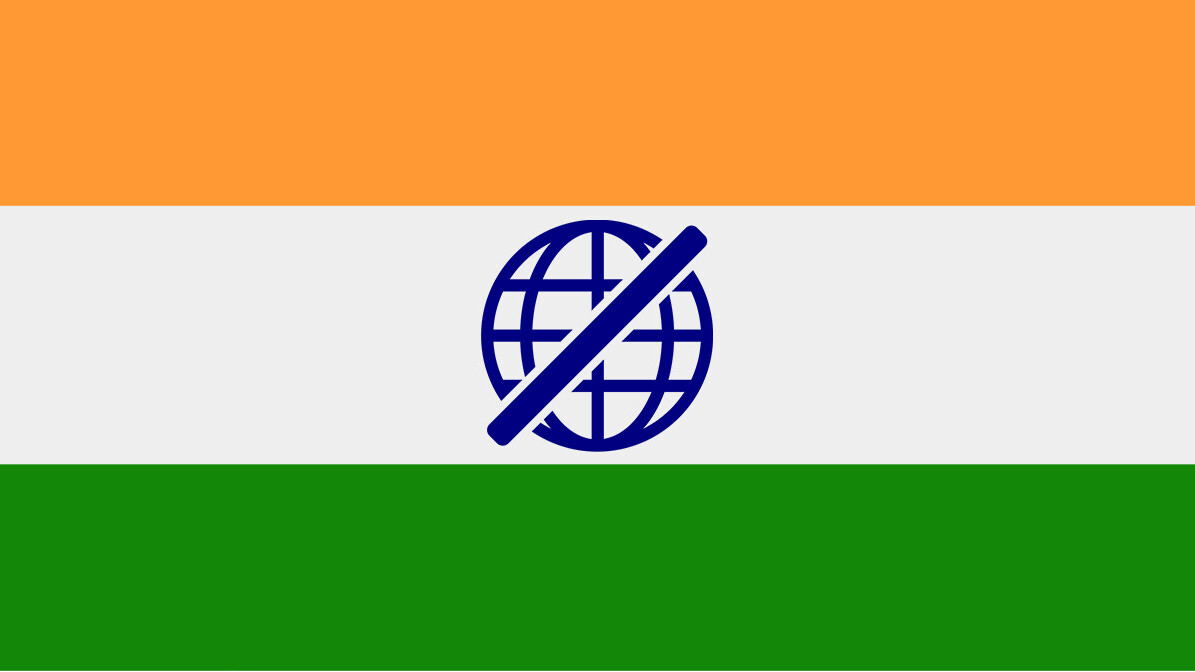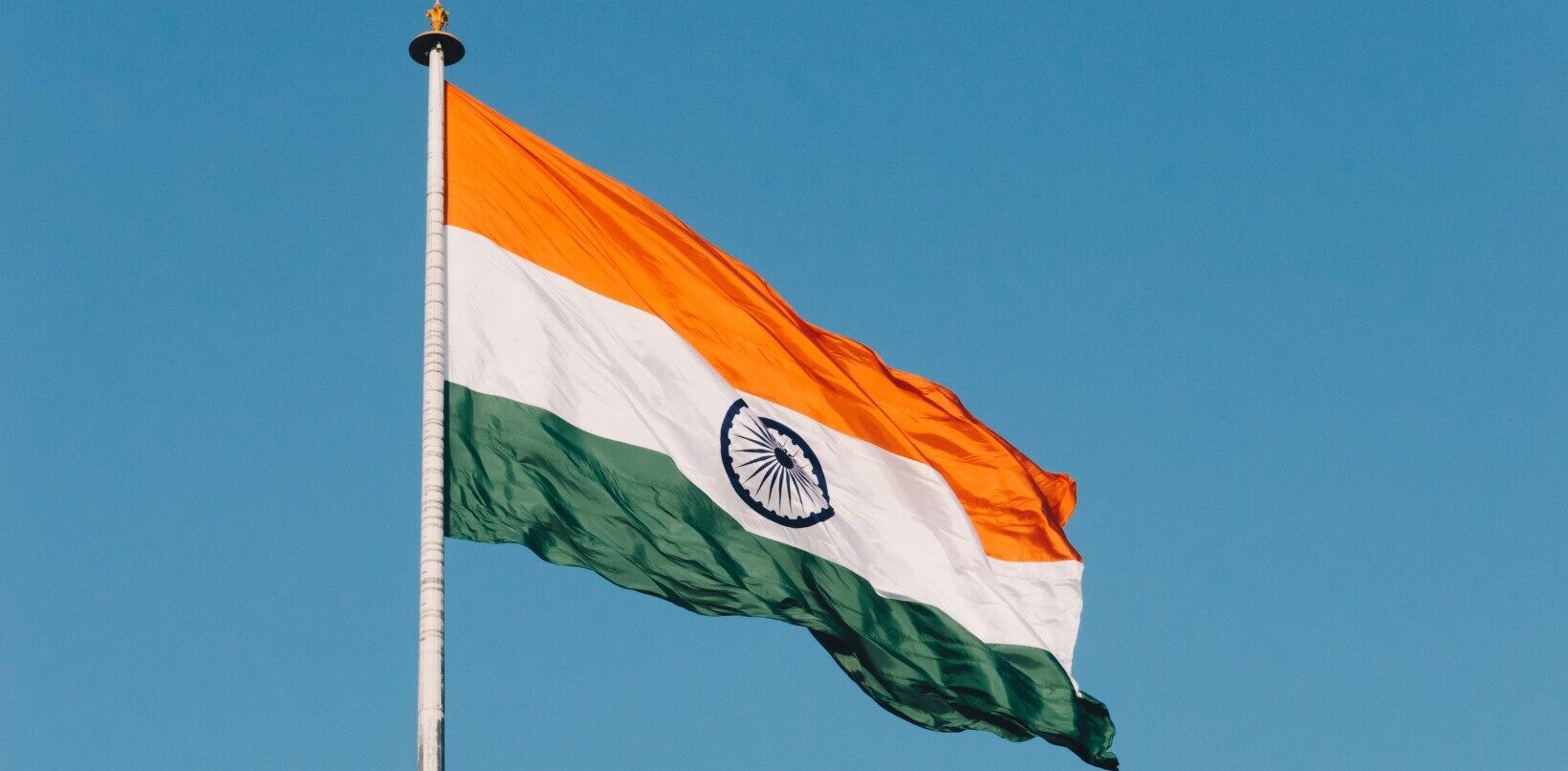Amid protests across the nation over new and upcoming citizenship laws in India, a major carrier called Airtel said in a now-deleted tweet that the government has ordered mobile data, voice, and SMS services to be suspended in some parts of the country’s capital of New Delhi.
This is alarming because it illustrates that the country’s government is clamping down on citizens’ efforts to voice their opinions on numerous issues plaguing India right now, and restricting their ability to coordinate protests.

The news follows the onset of protests in several cities and towns against the National Register of Citizens Bill (NRC) and the Citizenship Amendment Act (CAA). At the same time, Section 144 of India’s Criminal Procedure Code is being imposed in cities like Bangalore, and in parts of New Delhi. This effectively prohibits the assembly of four or more people in an area, and those participating in ‘unlawful assembly’ can be booked for engaging in rioting.
Even vodafone started deleting tweet so here's one from them too. pic.twitter.com/6LoNus3mmq
— Pankaj (@pankazz) December 19, 2019
It’s also worth noting that this happened right when the Delhi government was slated to launch free Wi-Fi services across the city of New Delhi.
Arvind Kejriwal, chief minister of Delhi who was supposed to launch free Wi-Fi services in the capital this week, said it was ironic that the Central government was ordering an internet shutdown today. He also called on the Centre to take back the Act. https://t.co/zsDB9mDlK7 pic.twitter.com/3jwHFT7n0z
— scroll.in (@scroll_in) December 19, 2019
The NRC is a bill to create a database of citizens who can prove their citizenship by way of official paperwork documenting their ancestry in India. It has currently only been implemented in the northeastern state of Assam, which is home to several tribal communities.
The CAA is a law that allows the government to fast-track citizenship for Hindu, Sikh, Parsi, Buddhist and Christian immigrants from Pakistan, Afghanistan and Bangladesh – but not Muslims, and not people from other neighboring countries like Sri Lanka and Tibet.
Together, these two pieces of legislation could see many Muslims displaced from India, where it’s incredibly difficult to gather documentation of one’s ancestry.
In addition, protests are being carried out in solidarity with demonstrators from two prominent universities, where police are alleged to have resorted to violence.
Delhi Police Special Cell had directed on 18Dec that voice, SMS,internet services be halted from 9am to 1pm today,in walled city areas of north¢ral districts,Mandi House,Seelampur,Jafrabad,Mustafabad, Jamia Nagar, Shaeen Bagh&Bawana, in view of prevailing law&order situation pic.twitter.com/Qk2sk0TKI1
— ANI (@ANI) December 19, 2019
India has implemented more than 350 internet shutdowns across the country since 2014 — the most notable of which is the ongoing blackout in the erstwhile state of Jammu & Kashmir, which has already lasted 135 days (it is now active only in the Kashmir valley). The aforementioned shutdown was implemented after the Central government announced its intention to revoke Jammu & Kashmir’s special constitutional status, forcing it to abide by national legislation.
The Bhartiya Janata Party, which is currently in power in India, is going further than it ever has in recent history in clamping down on citizens’ freedom of expression. Today’s shutdown in the capital is likely only an indication of what will befall the rest of the country in short order.
Get the TNW newsletter
Get the most important tech news in your inbox each week.






